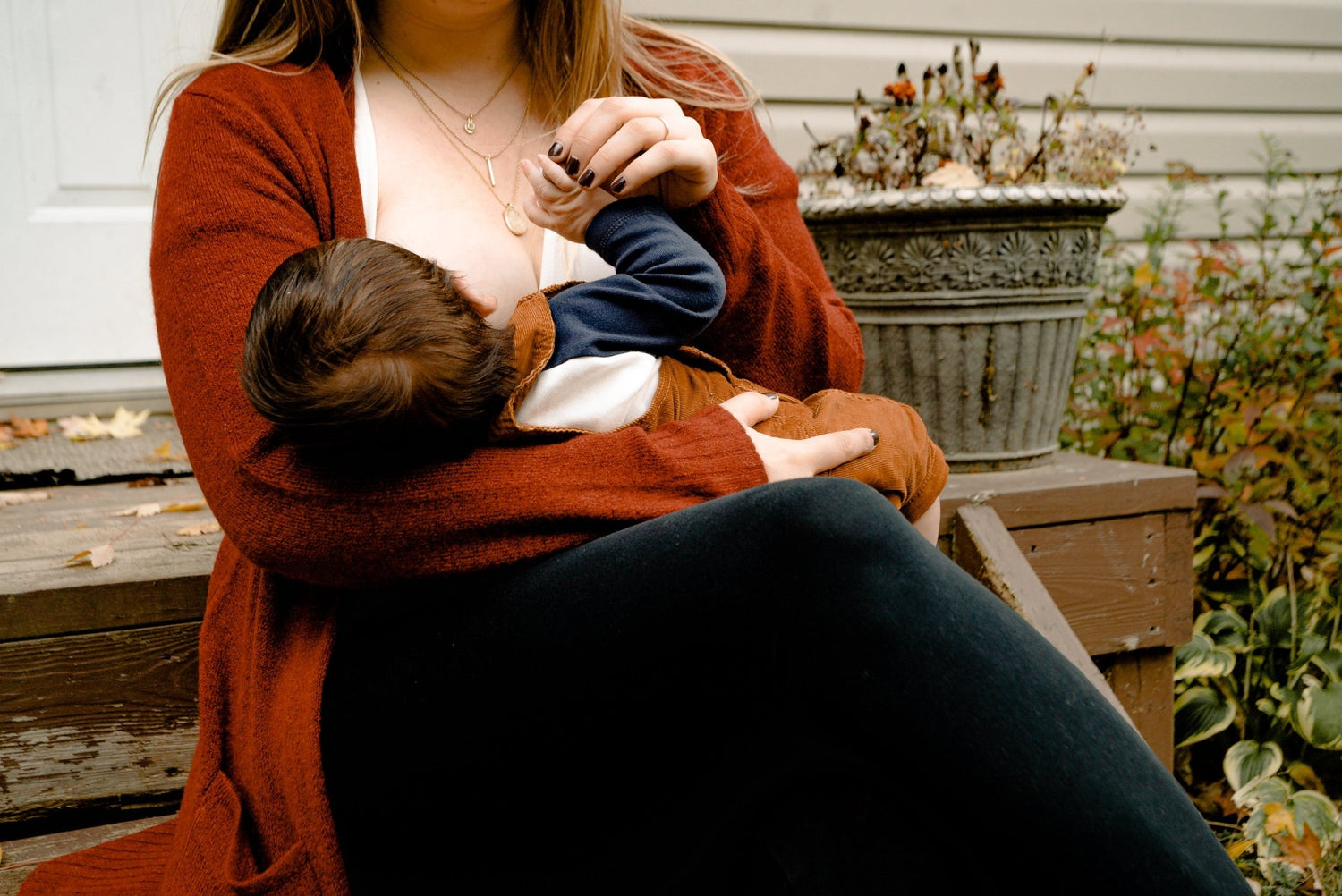How do you recognize sleep regression in your baby?
Has your baby already slept through the night for several hours at a time? Was falling asleep no problem? Suddenly everything is different? Is the afternoon nap very short or sometimes even completely absent? Is falling asleep a struggle? Are you wondering what suddenly happened? It's quite possible that sleep regression is behind it.
| Table of contents: |

1. What is a sleep regression?
Regression means going backwards. In psychology, regression means a step backwards in development, which often follows a stressful event. However, the term is misleading because there is a developmental spurt behind sleep regression. This means your child is developing forward and not backward. The regression only relates to your child's sleep and can be a very intense phase, but it will pass. During a sleep regression, your child processes the change that comes with learning new skills. This affects his sleep. Even if your child learns and processes a lot during a development spurt, this does not represent psychological stress. Rather, your baby goes through completely normal development.
2. What are typical signs of sleep regression?
These signs are typical if your child is in sleep regression:- Your baby's sleep suddenly deteriorates
- Your baby's sleep needs are temporarily reduced by 1-2 hours/day
- Daytime naps or afternoon naps are shorter
- A daytime nap is refused
- It takes longer than usual to fall asleep
- Your baby sleeps restlessly
- Your baby wakes up at night and has longer periods of waking at night
In addition, whining, crying, but also raging and major physical activity can occur during this time. You may also notice an increased need for closeness and a greater appetite in your baby. If your baby has already developed a stable sleep rhythm, it is best to notice whether your baby is in sleep regression.
3. Why is my baby suddenly having trouble sleeping?
There is a developmental spurt behind sleep regression. During this phase your baby learns many new skills. These can be gross motor skills such as sitting, crawling, standing or walking. Babies have to practice these skills very often before the sequence of movements is internalized. Therefore, it is not surprising that many babies want to practice their new skills at night instead of sleeping. But cognitive skills such as learning a language or using imagination can keep your child so busy that their sleep becomes restless for a while.
Your baby learns new skills that help his world expand a little. He experiences new things and his world becomes more tangible and tangible every time. On the one hand, this is incredibly exciting and exciting for your baby. On the other hand, it can also cause uncertainty because your baby suddenly finds himself in new situations that he is unfamiliar with. For example, the perspective changes when your child starts to stand and he finds that his range of motion expands enormously as he begins to crawl and later walk. This uncertainty activates your baby's attachment behavior.
This means that it increasingly seeks your closeness and reassurance when it comes into new situations. Once your baby has found security again, he or she will feel empowered to continue exploring the world. In this context, separation anxiety can arise again and again during these phases. Saying goodbye to sleep also represents a small separation for your baby, which is now more difficult for him than before.
Last but not least, your baby needs a lot of energy during a developmental spurt. Learning new skills is tiring and requires more calories. Even if your baby no longer needs food at night, nighttime hunger may arise during this phase.
4. When do sleep regressions occur?
There are five sleep regressions that occur over the first two years of life. In the first year of life, babies go through sleep regression around 4, 8, and 12 months of age. In the second year of life they appear around the 18th and 24th months of life. The monthly information provides an indication because your child's individual development plays a major role.
5. How long does a sleep regression take?
Every child is different and the duration and intensity of sleep regression are just as individual. There are children for whom any sleep regression becomes noticeable. For other children, the effects are hardly noticeable. There are also big differences in terms of duration. While some sleep regression only affects a few days, for other children it lasts for weeks.
If your child is currently in a sleep regression and your sleep situation is challenging, realize that you are not doing anything wrong. During this phase, your child learns so much that needs to be processed. This can lead to restless nights even for otherwise good sleepers. At the same time, there are a few tips that will help you get through this intense time.
Guest article by Jana and Linda from Sleep Well Mini:
Instagram: Schlafgutmini_baby Schlaf
Website: www. Schlafgutmini.de





